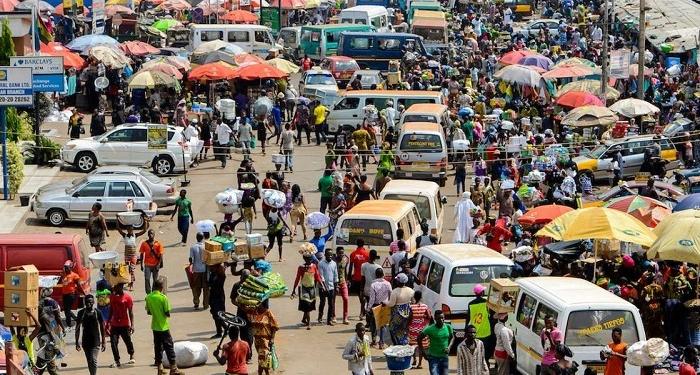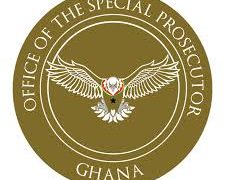BoG Governor Says Ghana’s Economy has Entered a new Phase of Recovery and Stability
Ghana’s economy has entered a new phase of sustained recovery and stability following significant fiscal and monetary consolidation efforts, the Governor of the Bank of Ghana, Dr Johnson Asiama, has said.
Delivering remarks through his Special Advisor, Dr John Kwakye, at the 14th Ghana Economic Forum, Dr Asiama stated that Ghana is “rebuilding credibility, re-anchoring expectations, and shifting from short-term stabilization to long-term productive transformation.”
He noted that through a disciplined blend of fiscal restraint, credible monetary policy, and coordinated structural reforms, “the tide has turned.”
“Today, the evidence of recovery is not abstract. It is visible, measurable, and real,” he said.
Strong Growth Momentum
Dr Asiama highlighted that Ghana’s Gross Domestic Product (GDP) expanded by 6.3 percent in the second quarter of 2025, compared to 5.7 percent a year earlier, driven by robust activity in the services and agriculture sectors.
Non-oil GDP grew even faster, at 7.8 percent, reflecting broader economic expansion across productive sectors.
The Bank of Ghana’s Composite Index of Economic Activity (CIEA) also recorded a 6.1 percent year-on-year growth in July 2025, up from 1.9 percent in the same period last year — a signal, he said, that “both business and consumer confidence are returning.”
Inflation and Policy Credibility
Inflation, once a major macroeconomic vulnerability, has declined sharply from a peak of over 54 percent in late 2022 to 9.4 percent in September 2025 — the first time in four years that inflation has fallen within the Bank’s medium-term target band of 8 percent (±2%).
“This disinflation reflects a combination of tight monetary policy, improved food supply, and restored policy credibility,” Dr Asiama remarked, adding that inflation expectations from recent surveys are now firmly anchored.
External Sector Strengthens
Ghana’s external position has also improved significantly.
In the first eight months of 2025, the country recorded a trade surplus of US$6.2 billion — nearly triple last year’s level — supported by higher gold and cocoa export receipts.
The current account balance is projected to post a surplus of about 5 percent of GDP by end-2025, while international reserves have risen above US$12 billion, providing over four and a half months of import cover.
The Ghana cedi, which came under severe pressure in previous years, has appreciated by more than 37 percent year-to-date, reversing the 19 percent depreciation recorded in 2024.
Coordinated Policy Effort
According to Dr Asiama, these outcomes “reflect not luck, but design — prudent liquidity management, fiscal consolidation, and a steady build-up of market confidence.”
He credited the turnaround to a deliberate policy reset anchored on partnership between the Bank of Ghana, the Ministry of Finance, the International Monetary Fund (IMF), and the private sector.
“The IMF-supported Extended Credit Facility (ECF) programme provided the structure; sound macroeconomic management provided the substance. What we are witnessing today is more than a recovery — it is a reset of confidence,” he concluded.








